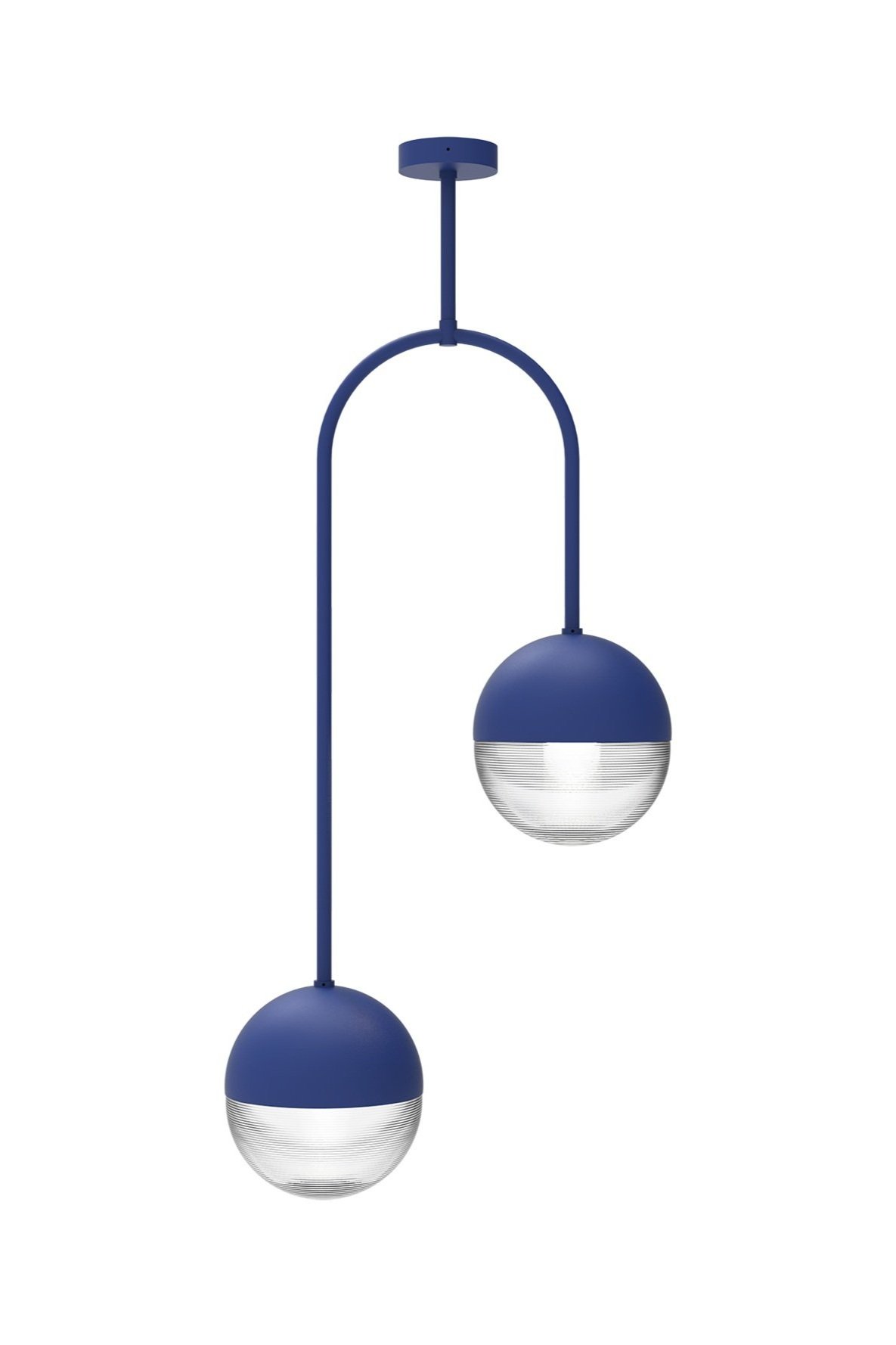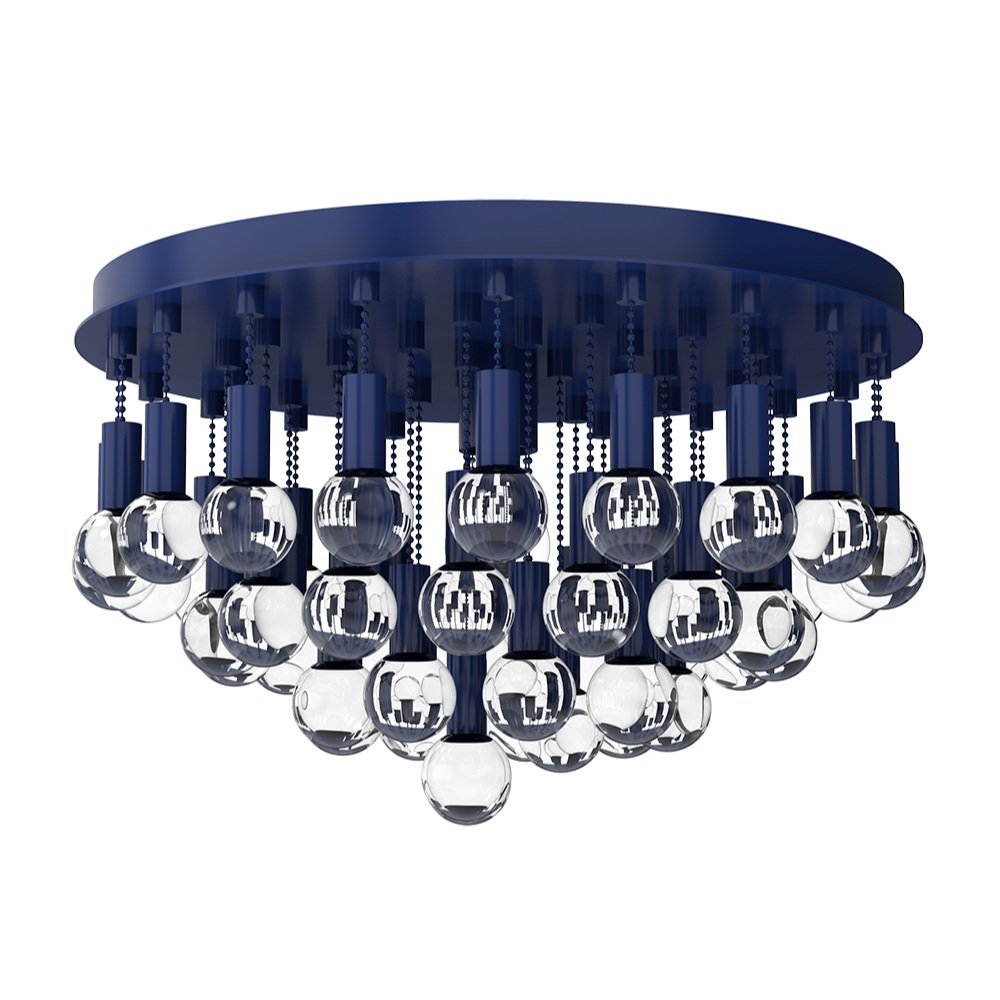Illuminating Small Spaces: Techniques and Strategies
Today I would like to take you on a journey to illuminate the hidden potentials of small spaces. Many people believe that working with small spaces is a limitation, but let me assure you, it’s an opportunity for creativity. Through well-thought-out lighting techniques, one can not only enhance the functionality of these spaces but also their aesthetics. So, let's dive into the nitty-gritty of small space illumination!
The Magic of Layered Lighting
One of the first things to consider is the concept of layered lighting. By combining task, ambient, and accent lighting, you create a balance between functionality and ambience. It's essential to understand that different layers serve various purposes.
"Design impacts our lives in ways that we can not only see and touch but also the way we feel." - Nicholas Kaiko
Task Lighting
Task lighting is particularly crucial for small spaces. With focused, adjustable fixtures, you can ensure adequate light for reading, cooking, or any other activity that requires precision. For example, under-cabinet lights in kitchens or study lamps in workspaces.
Ambient Lighting
Ambient lighting, on the other hand, provides a gentle glow that envelops the room without causing glare. This type of lighting is essential for establishing the mood. For instance, using a dimmable ceiling light allows you to control the atmosphere of the space.
Accent Lighting
Accent lighting adds drama. It’s used to focus on particular objects or architectural features. For instance, if you have art pieces, use track lighting to highlight them. This layer draws the eye, making the space feel larger than it is.
Making Space Appear Larger with Light
Besides layering, there are several strategies to make a small space appear larger. For instance, the transformative power of natural light cannot be underestimated. By allowing as much natural light as possible, you’ll not only create a healthier environment but give the space an airy, open feel.
Moreover, reflective surfaces can be your best friend. By pairing lighting with mirrors or other reflective surfaces, the light will bounce around the room, giving an illusion of depth and space.
Effective Lighting Choices
When it comes to selecting light fixtures, it’s not just about functionality; it’s also about style. Small spaces benefit from fixtures that are proportional to their size. For instance, instead of traditional chandeliers, you might opt for modern pendants such as the Kubrick pendant light which offers elegance without overwhelming the space.
In small spaces, wall sconces are also incredibly effective. They can provide both ambient and accent lighting while freeing up floor or table space. Check out the Stellar 2-light wall sconce, which is versatile and can be adapted to different styles and needs.
Stay tuned for the next section where we will dive into the types of lighting best suited for small spaces and how to enhance them further with strategic lighting choices.
In this part of the article, we've delved into the concept of layered lighting, discussed how lighting can make a small space appear larger, and touched on some effective lighting fixtures for small spaces. Keep reading for more detailed information on types of lighting best suited for small spaces, and insights into enhancing them through strategic lighting choices.
Types of Lighting Best Suited for Small Spaces
As we venture deeper into the art of illuminating small spaces, understanding the type of lighting that works best is crucial. One can make or break a room with a single lighting choice. Let’s illuminate the best options.
Recessed Lighting
Recessed lights, or downlights, are an excellent choice for small spaces. They are installed into the ceiling, meaning they don't take up any room visually. These lights can provide a wide, general light or a narrow, focused one depending on your preference. By using smart lighting systems, you can control the intensity and colour of these lights to suit your mood and the time of day.
Wall-Mounted Lights
Wall-mounted lights, such as the Sine wall sconce or the Stellar series, offer a fantastic way to light up your small space. These lights can provide both accent and ambient light and add to the overall decor of the room without taking up floor or table space.
Pendant Lights
Small spaces can benefit tremendously from pendant lights. They can be used to draw the eye upward, giving the illusion of height. The Holophane pendant light, for example, brings style and sophistication without overpowering the room.
Enhancing Small Spaces with Strategic Lighting Choices
Strategic lighting can dramatically change the perception of a small space. Consider these techniques to maximise your small space's potential.
Focus on Vertical Space
In small rooms, vertical space is often underutilised. Use tall, slender floor lamps like the Colossus floor lamp to draw the eye upwards and create an illusion of height.
Incorporate Colour
Lighting can introduce colour into a space, both through the light itself and through the fixtures. Coloured light can create different moods and atmospheres, while a bold fixture can act as a statement piece. Combining different colours and intensities, as I mentioned in my article about 2023 home decor trends, can result in some exciting dynamics.
Play with Shadows
Shadows, if used creatively, can add depth and intrigue to a space. Lights that cast patterns, like the Boom Boom ceiling flush mount light, add an element of surprise to small spaces.
In this part, we've explored the types of lighting best suited for small spaces and how you can use strategic lighting choices to enhance these spaces. Continue reading to find out more about energy-efficient solutions and how to balance function and beauty in interior design.
Energy Efficiency and Achieving a Balance
As we culminate our enlightening journey through the techniques and strategies for illuminating small spaces, it's essential to address the significance of energy efficiency and how to strike the right balance between function and beauty.
Energy-Efficient Solutions
Choosing energy-efficient lighting solutions is not only eco-friendly but can also help to reduce electricity bills. LEDs, for instance, use significantly less energy compared to traditional incandescent bulbs and last much longer. You might want to explore more on energy-efficient lighting solutions for your home.
Layering Light Sources
Layering light is a concept where multiple light sources are used in conjunction to achieve a balanced and well-lit space. This approach typically involves combining ambient, task, and accent lighting. You can dive deeper into this concept in my article about layering light sources for a balanced interior.
Function and Beauty
An illuminated space should not only be functional but also beautiful. Achieving a balance between function and beauty in interior design is critical. For example, under-cabinet lights in a kitchen can provide necessary task lighting for meal preparation while also highlighting beautiful countertop materials.
Use Natural Light
Don't forget the most energy-efficient light source of all - the sun! Utilising natural light whenever possible not only saves energy but also has a positive impact on our mood. In one of my articles, I discuss the transformative power of natural light in interior design, which I highly recommend reading.
"Design impacts our lives in ways that we can not only see and touch but also the way we feel," says Nic Kaiko. "I truly believe that good design can change lives."
Indeed, illuminating small spaces requires a delicate balance of practicality, creativity, and artistry. From selecting the right types of lighting to implementing energy-efficient solutions and layering light sources, each element plays a vital role in crafting spaces that are not only functional but also exude character and warmth.
Whether you are revamping a cosy corner in your home or embarking on a larger-scale design project, remember the power of lighting and the boundless possibilities it offers.
Ready to illuminate your interiors with grace? Get expert help with Kaiko Design and allow the bespoke touch of my studio to transform your space into an oasis of light and luxury.
Frequently Asked Questions (FAQ)
What are some techniques for illuminating small spaces?
Some techniques for illuminating small spaces include:
Using mirrors to reflect light and create an illusion of space.
Opting for light-coloUred paint and furnishings to enhance brightness.
UtiliSing task lighting to highlight specific areas and create visual interest.
How can I use lighting to make a small space appear larger?
To make a small space appear larger with lighting:
Incorporate natural light by maximiSing window openings and using sheer curtains.
Implement recessed lighting to provide ambient illumination without taking up visual space.
Use upward-facing sconces or wall-mounted lights to create vertical lines, giving the illusion of height.
What types of lighting are best for small spaces?
The types of lighting best suited for small spaces include:
Recessed lighting: It provides ambient lighting without occupying visual space.
Track lighting: Offers flexibility in directing light where it is needed.
Wall sconces: Vertical fixtures that add ambient or accent lighting without taking up floor space.
What are some strategies for effective lighting in small spaces?
Strategies for effective lighting in small spaces include:
Layering light sources: Combining ambient, task, and accent lighting for a well-balanced and versatile illumination.
Using dimmers: Allows you to adjust the light levels according to different needs and moods.
Employing light fixtures with adjustable heads or arms to direct light precisely where it is needed.
How can I enhance a small space with strategic lighting choices?
Enhance a small space with strategic lighting choices by:
Creating focal points: Use accent lighting to draw attention to specific features or artworks.
Employing wall-washing techniques: Softly illuminating walls can make a space feel larger and more open.
Considering pendant lights with an upward or downward light distribution to add visual interest and verticality.
Remember, each space is unique, and finding the right lighting solution for your small space may require professional advice tailored to your specific needs and preferences. Reach out to Kaiko Design Interiors for expert guidance and transform your small space into a captivating oasis of light and style.


